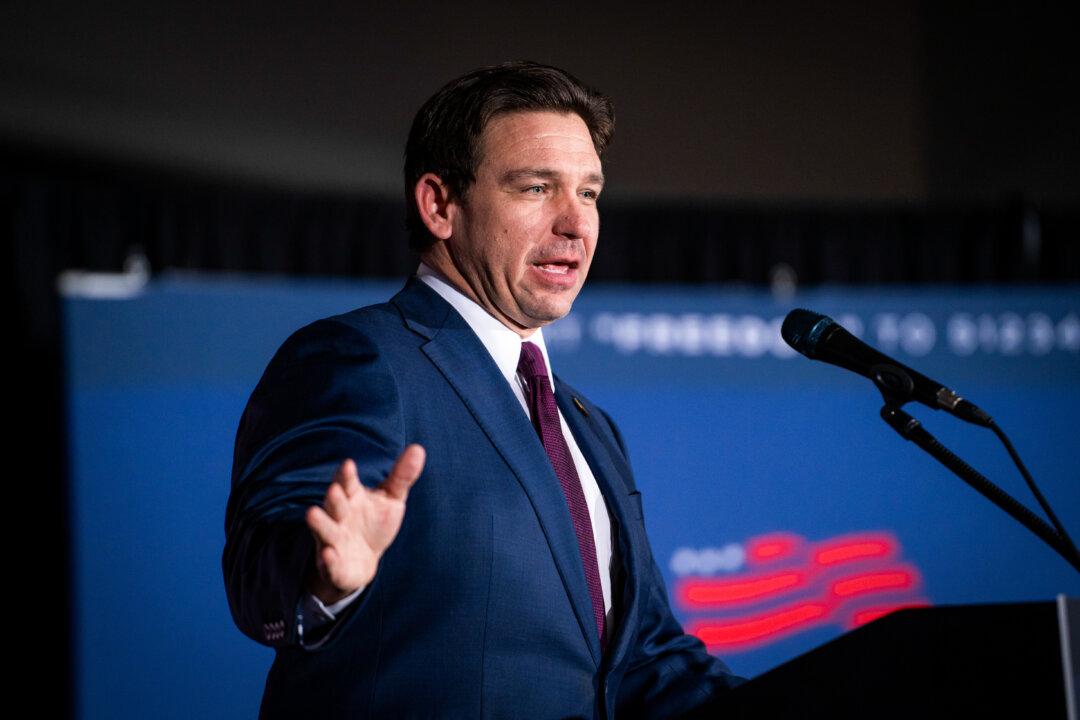Florida Gov. Ron DeSantis announced on Jan. 29 that the state legislature will be certifying four constitutional changes calling for new amendments to be added to the U.S. Constitution.
His hitting points are Congressional term limits, a balanced budget, line-item veto power, and ensuring members of Congress cannot exempt themselves from any laws they pass.





